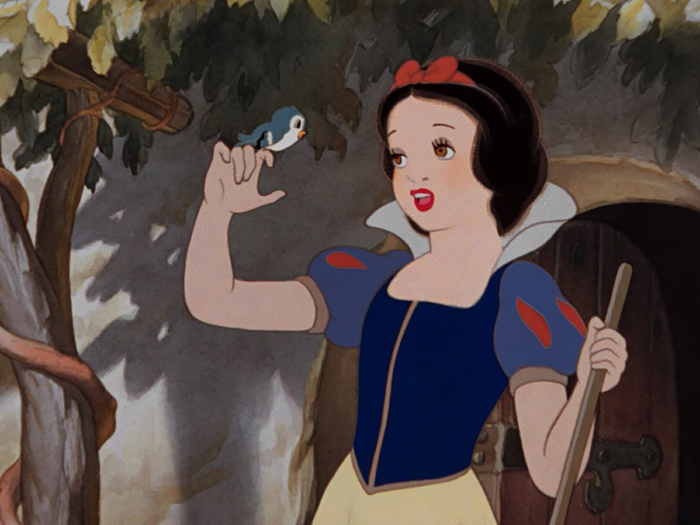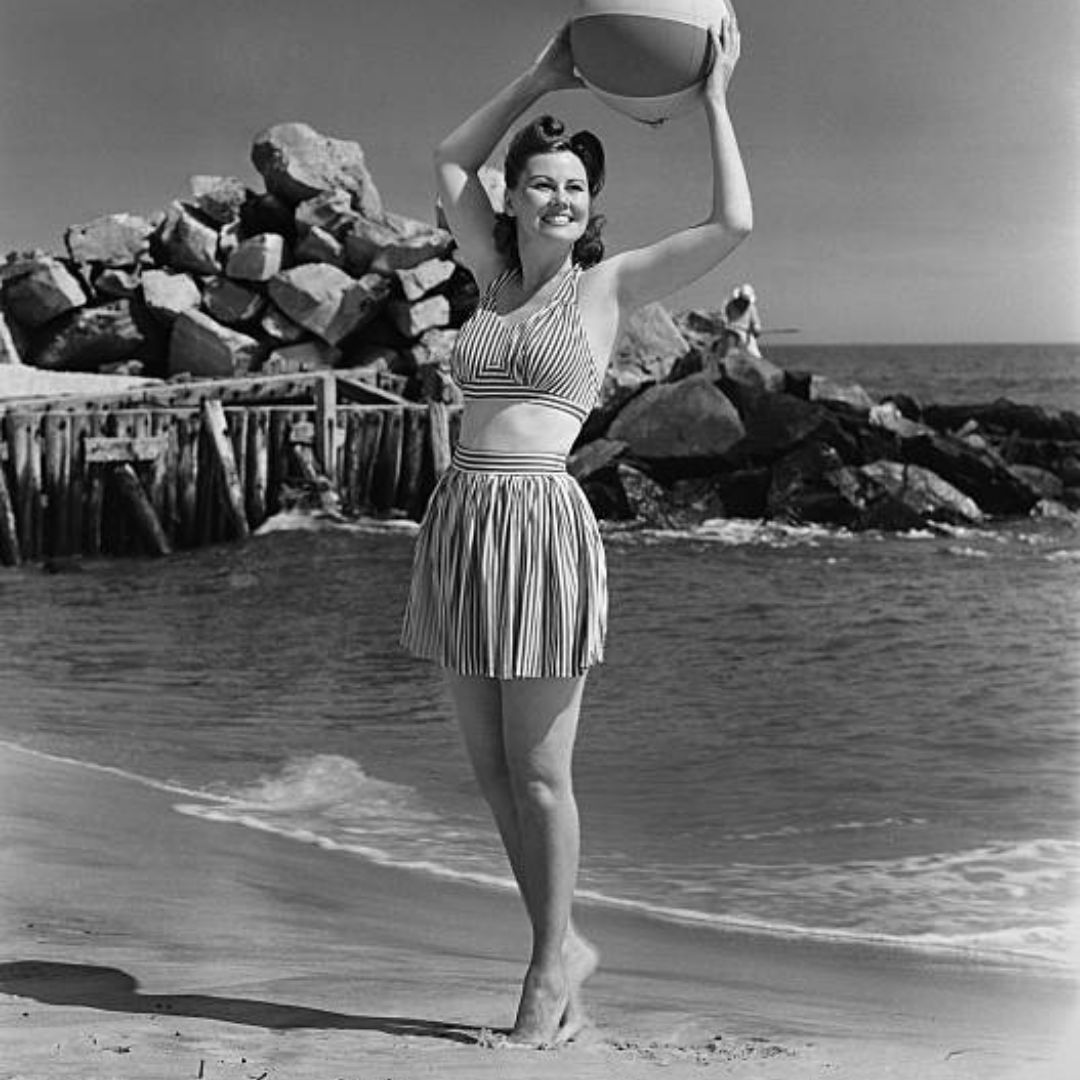
We all know the classic fairy tales spoon-fed to us as children. Some cautionary tales, but most of them are just stories creating the foundations of unrealistic expectations and dangerous stereotypes. Lucky for us though, some incredible retellings put these tales into perspective. So if you’re in need of a little ‘happily ever after’ reconditioning, these books are for you…
The Surface Breaks by Louise O'Neill
Personally, one of my favourite books, The Surface Breaks by Louise O'Neill, is a chilling and visceral retelling of The Little Mermaid. Think about it, Ariel is controlled by her father and then has a man fall in love with her even though she has no voice. Sound OK to you?
Shop The Surface Breaks by Louise O'Neill
All the Ever Afters: The Untold Story of Cinderella's Stepmother by Danielle Teller
Clues in the name (wink), but this retelling is all about exploring the back story of Cinderella’s 'nasty' stepmother. Rarely are we given sufficient backstories when it comes to fairy tale villains, so it’s no surprise this story was a Times Bestseller.
The Princess and the Prick by Walburga Appleseed
A collection of some of your favourite fairy tales, read this for a bit of a giggle rather than getting into anything deep. Don’t get us wrong, there’s plenty of highlighted sexism in there, but it’s more on the lighthearted side.
Queen of Hearts Saga by Colleen Oakes
The Good Reads quote says it all… “This is not the story of the Wonderland we know. Alice has not fallen down a rabbit hole. There is no all-knowing cat with a taunting smile. This is a Wonderland where beneath each smile lies a secret, each tart comes with a demand, and only prisoners tell the truth.” Plus there are 3 books in the series, love it.
Boy, Snow, Bird by Helen Oyeyemi
A fan of the story of Snow White, well this one’s for you. It’s got all the classic power dynamics that come with the original tale, but with the added themes of examining how race, class, and gender ideology make monsters out of “everyday” people.
Written by Laura Coggles





Leave a comment
This site is protected by hCaptcha and the hCaptcha Privacy Policy and Terms of Service apply.